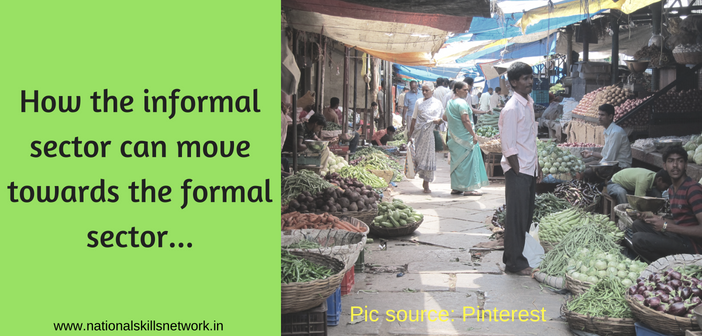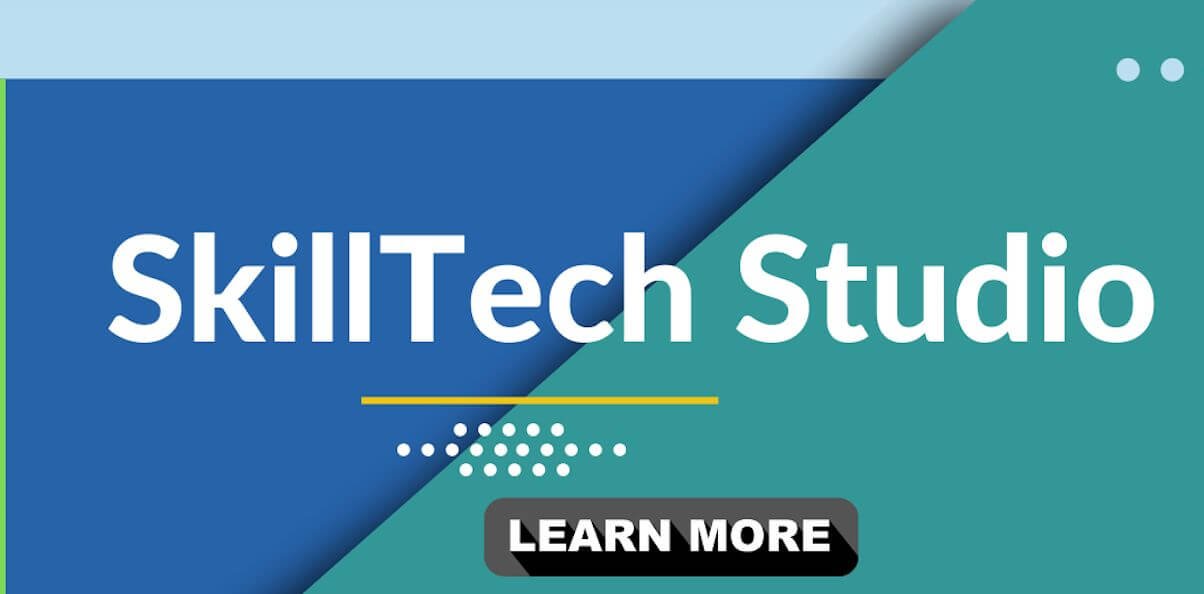Contrary to prevalent beliefs that, with development, the informal sector will gradually fade and merge into the formal sector, the informal sector has survived in many modern economies. In India, the informal sector is heterogeneous in nature and provides employment to 85% of the population. Thriving out of necessity, it has a long way to go to see qualitative improvement in the lives of people who depend on this sector for their livelihoods and sustenance.
However, today, there is great hope to accelerate this process with digital inclusion, access to capital and markets. The vibrant informal sector can gradually acquire a formal recognition and avail many benefits in the long run. That being said, it would be highly unrealistic to expect a quick transformation. Why would someone move from casual ways of doing business to a more structured and organized system? We need to show them the qualitative changes in standard of living through improvements in real income, financial stability, risk management and social security. Let’s look at some of the ways in which this can be achieved.

Access to capital and markets
With the vulnerable sections of the economy forming a major part of the informal sector, it is essential for the government to provide financial support in their formalising process. Self-employed and small entrepreneurs need stable cash-flows, market information and access to loans to improve their business. With the current push for Aadhar-linked transactions, MUDRA loans and other initiatives, the government has taken basic measures to address these issues. However, tax relaxation, income security, minimum profit security for businesses, etc. could also act as incentives for getting a formal identity, thus calling for policy revision and effective implementation at the grassroots level.
Legal protection
Since the informal sector mostly thrives on legal evasions and other practices that keeps them out of the formal bounds, it is all the more difficult to extend social protection and security. Even, exploitation of labour could be a deterrent for people to join such enterprises along with improper working conditions and low wages. To overcome this ripple effect, there is a need to educate the employers and workers about the benefits of acquiring formal identity for their business and workers, abiding the laws, why certain registrations are needed and how the benefits can secure their business.
Digital inclusion
The ease of technology adoption can tranform even a micro enterprise into a digital enterprise! Going digital is a key step towards formalization since most digital transactions are recorded through interlinked mechanisms like Aadhar, PAN that keep track of banking and business transactions. Creating an online identity also gives access to social networks and trade related e-commerce platforms that provide updated information, entry into online markets and explore new revenue streams.
Women in informal sector
One important reason to formalise the informal sectors is the large presence of women in it. They work with meagre wages and in poorer living and working conditions. Exploitation of women is rampant in construction sites, factories, etc. Bringing such women into the formal sector through skilling, business opportunities, training on banking skills, technological and digital skills, etc. would empower these women and elevate their standard of living. Improvement of wages, better security, and sessions on awareness of laws against exploitation of many kinds would even increase women’s participation in the workforce.
Skilling and social dialogue
Skilling workers and reskilling them through Recognition of Prior Learning (RPL) in sectors such as agriculture and construction, that provide employment to large sections of the population, is of paramount importance. The workers’ associations and trade unions need to have continuous and constructive dialogues with the government to make the formalisation process smooth and sustaining. Two-way communication amongst all stakeholders will gradually make the formal sector appealing and less intimidating for the informal workers and employers.
If stringent laws and non-friendly policies have fuelled the existence and growth of the informal sector, the same can be tweaked to bring them into the formal fold. Effective implementation of policies would instil a positive perception of the formal jobs. This also calls for the formal sector to become less rigid and more open to welcome a majority of workers, and not just a few with formal degrees and qualifications.
Guest Author: Rajesh A R, Livelihoods Enablement Enthusiast and Contributor to the evolving 3E (Education, Employment, Entrepreneurship) system in India.















I apply mudra loan